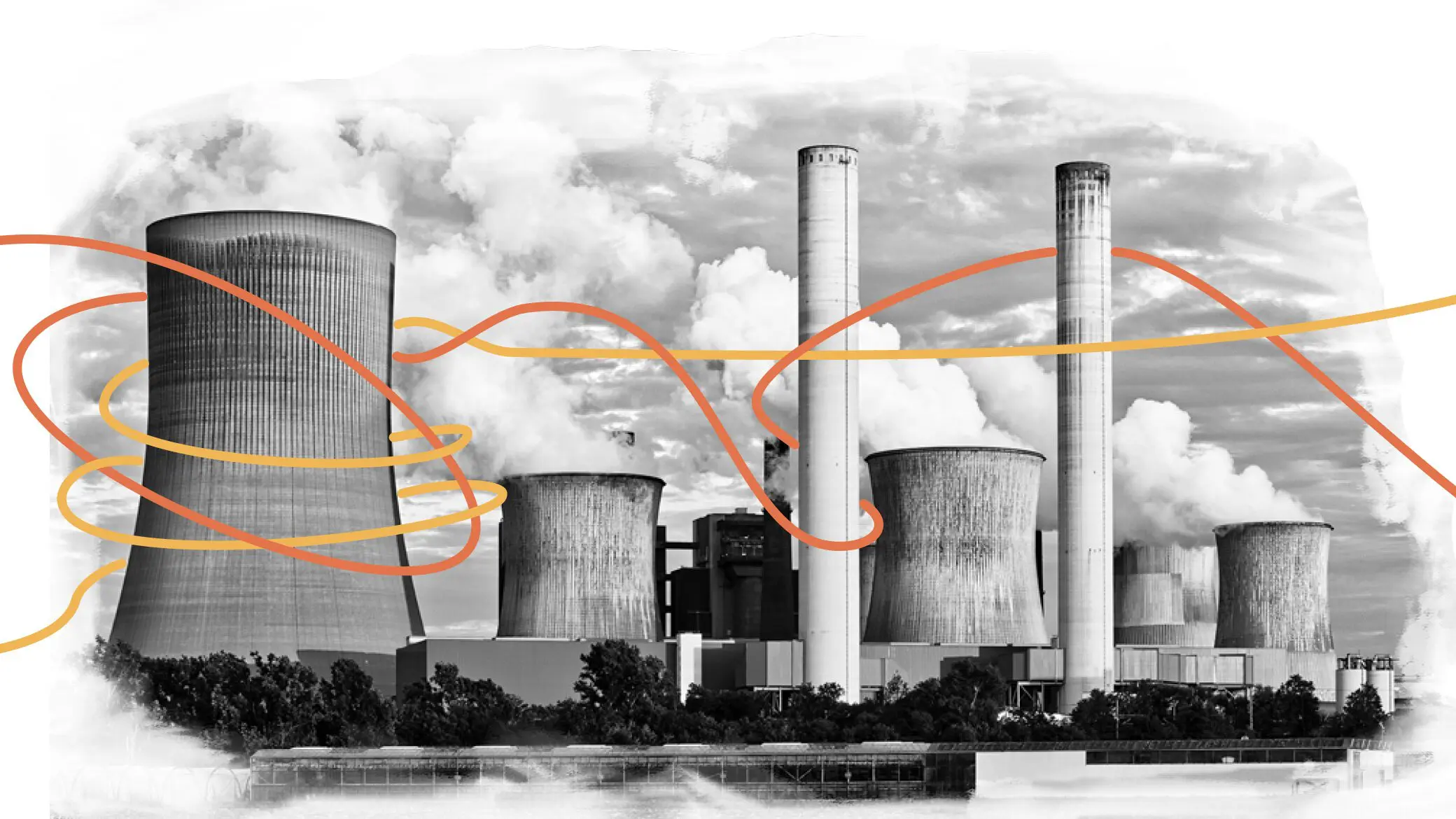Planning processes for the electric and gas distribution systems are insufficient to meet the climate challenge. Today, distribution utilities hold three powerful roles: long-term planning, owning and operating grid infrastructure, and serving customers. This dynamic results in three key problems: (1) planning silos cause overspending, reduced reliability and resilience, and more climate pollution; (2) current planning processes ignore equity and environmental justice; and (3) utility planning suffers from significant conflicts of interest.
To address these issues, Acadia Center proposes a modernized framework for state utility regulation called RESPECT: Reforming Energy System Planning for Equity and Climate Transformation.
RESPECT offers two overarching solutions:
- Conduct comprehensive, independent planning: Comprehensive energy system planning should consider supply and demand-side resources; customers’ energy, capacity, and thermal needs; and climate requirements and environmental justice impacts for all fuels across the state.
- Separate Planners and Owners: States should create statewide planning entities that look for solutions beyond utility boundaries and across fuels, leaving traditional utilities free to focus their efforts on business development in alignment with climate and equity mandates.
RESPECT proposes a modernized framework for how utilities make investments and decisions, so that we can build the energy systems necessary at the speed required to address the climate crisis. RESPECT imagines a world where investments in our energy systems are aligned with state goals to address climate pollution, further environmental justice, and lower consumer costs. RESPECT focuses on the fact that utilities plan the electric and gas distribution systems they own and operate and have strong financial stakes in the outcomes of their planning decisions – resulting in a significant conflict of interest.
The RESPECT reforms to distribution system planning will 1) help to align system planning with state climate, equity, environmental justice, and clean energy requirements; 2) clarify the role of utilities and reduce risk for their investments; and 3) maximize benefits to consumers and the grid by enabling non-biased planning and reduced conflicts of interest.




















Follow us